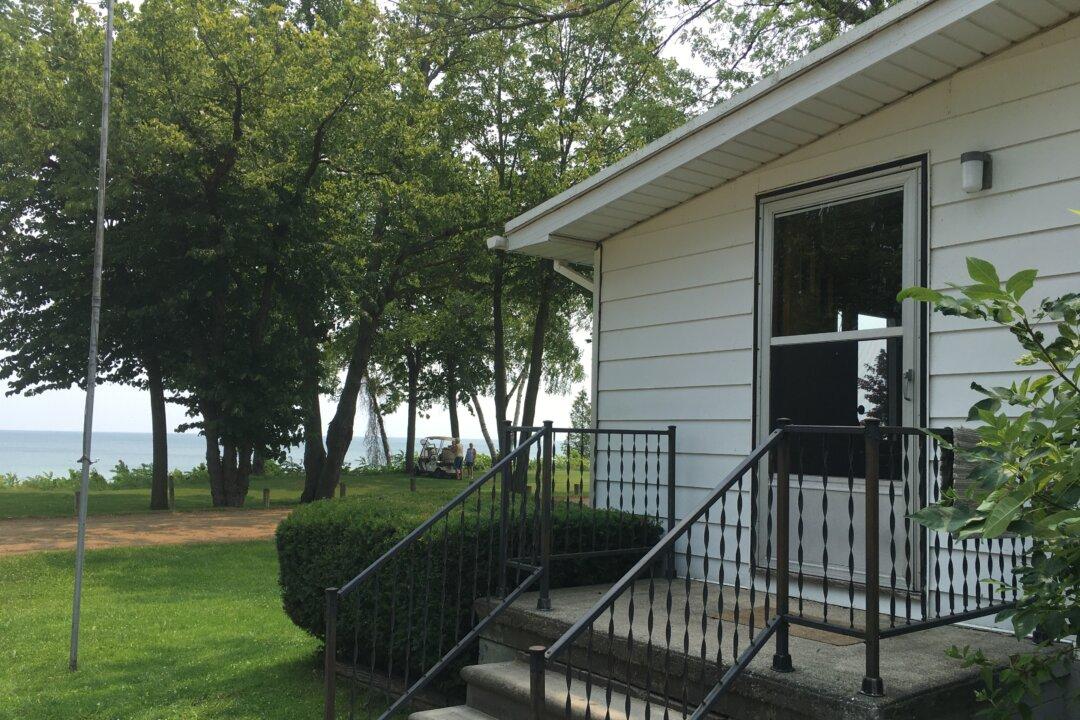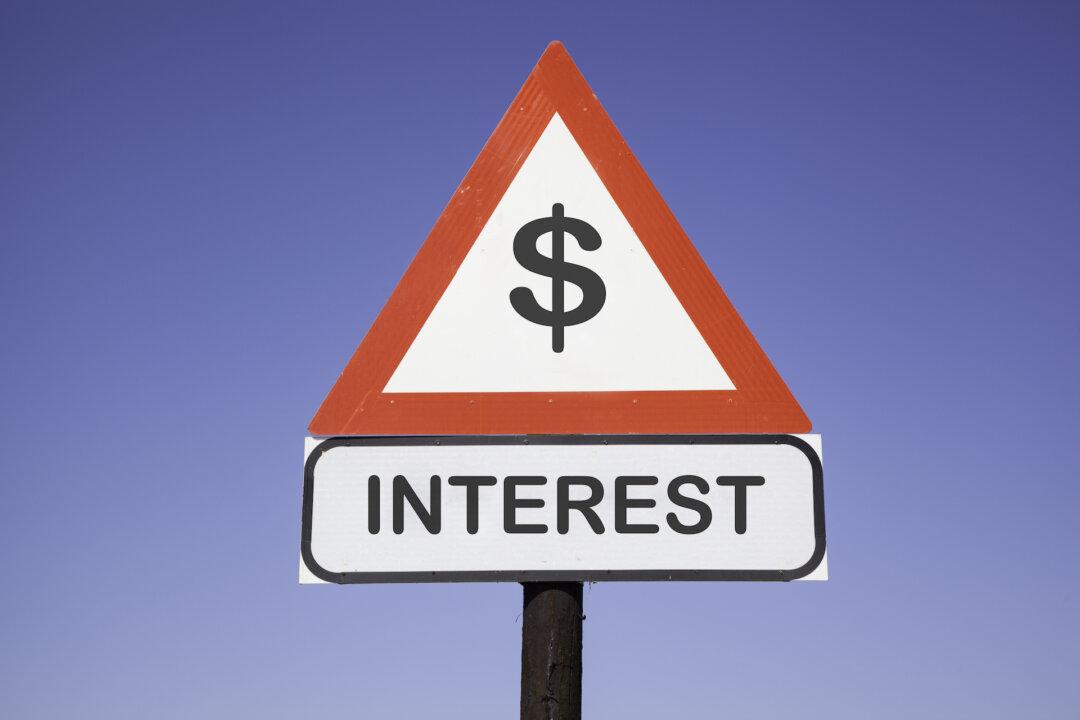Commentary
If you’ve been a real estate investor during the past decade, you likely reaped the benefits of price appreciation. Even if you had only a minimal understanding of how to invest in real estate, you could still watch your home value consistently increase while raising your tenants’ rents every year. In the past two years, that trend has gone into overdrive. Home prices have shot up faster than ever, and we’ve witnessed record-breaking rent growth in almost every major market across the country, especially the areas that had a sudden influx of new residents.





